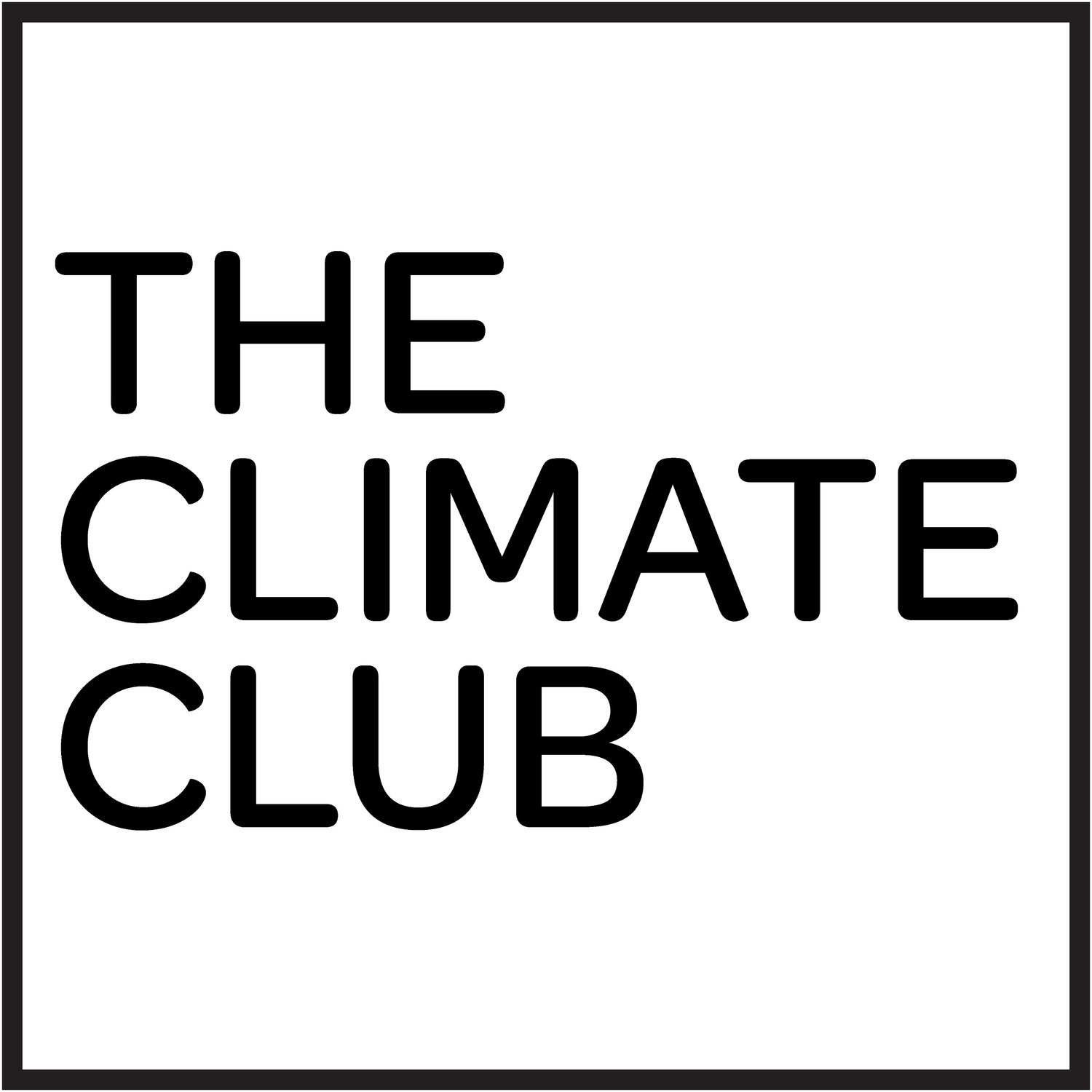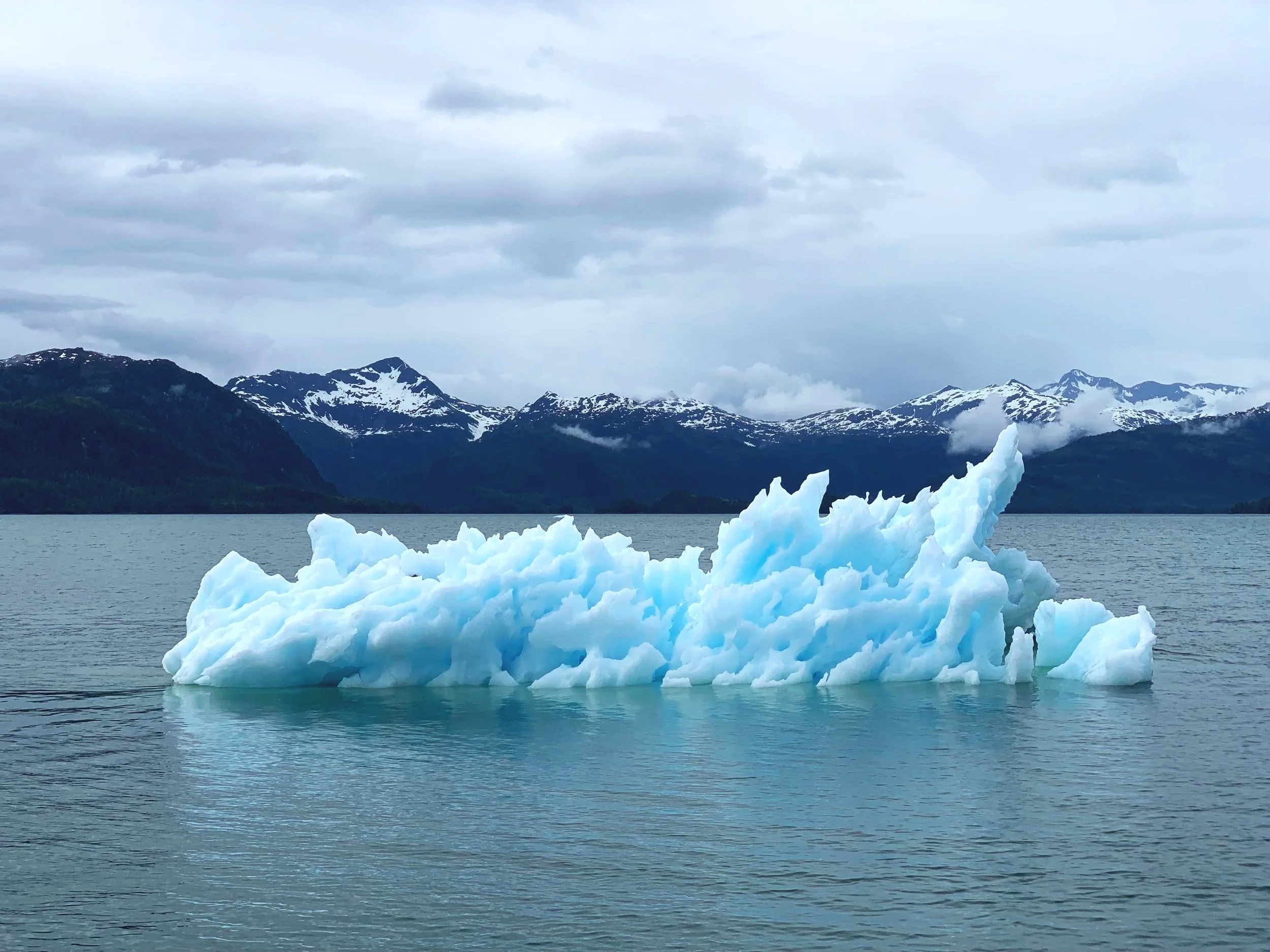Climate Change
The Climate Club believes climate change has already had observable effects on the environment.
What is Climate Change?
Climate change refers to a significant long-term variation of average weather patterns and temperatures. This refers to weather conditions becoming warmer, wetter, or drier over several decades. What differentiates climate change from natural weather variability is the long-term trend.
Since the 1800s, anthropogenic activities, or human activities, have been the primary driver of climate change, mainly through burning fossil fuels like coal, oil, and gas for electricity, heat, and transportation. The use of fossil fuels generates greenhouse gas (GHG) emissions that act as an insulated blanket around the Earth, trapping the sun’s heat and raising temperatures. Greenhouse gases play a pivotal role, maintaining a warm temperature and allowing us to inhabit the Earth; however, GHG levels have skyrocketed in the past few decades. According to the U.S. Environmental Protection Agency, current concentrations of carbon dioxide, methane, and nitrous oxide “are unprecedented compared with the past 800,000 years.” Plus, levels of the planet’s chief climate change contributor, carbon dioxide, have risen by 46 percent since preindustrial times.
Evidence of Climate Change?
NASA has documented shrinking glaciers, shifting plant and animal ranges, and even the flowering of trees sooner than expected. Effects that scientists had predicted in the past because of climate change are now occurring, i.e., loss of sea ice, accelerated sea level rise, flooding, drought, changes in the frequency and strength of storms, and longer, more intense heat waves.
As climate change transforms global ecosystems, it too impacting human lives and health in a variety of ways, such as — causing extreme weather events, threatening air quality and safe drinking water, altering the distribution of infectious diseases, and inhibiting nutritious food supply and safe shelter. It can undermine decades of progress in global health. The impacts of climate change are disproportionately affecting the health of vulnerable populations, and people in low-income and middle-income countries.












